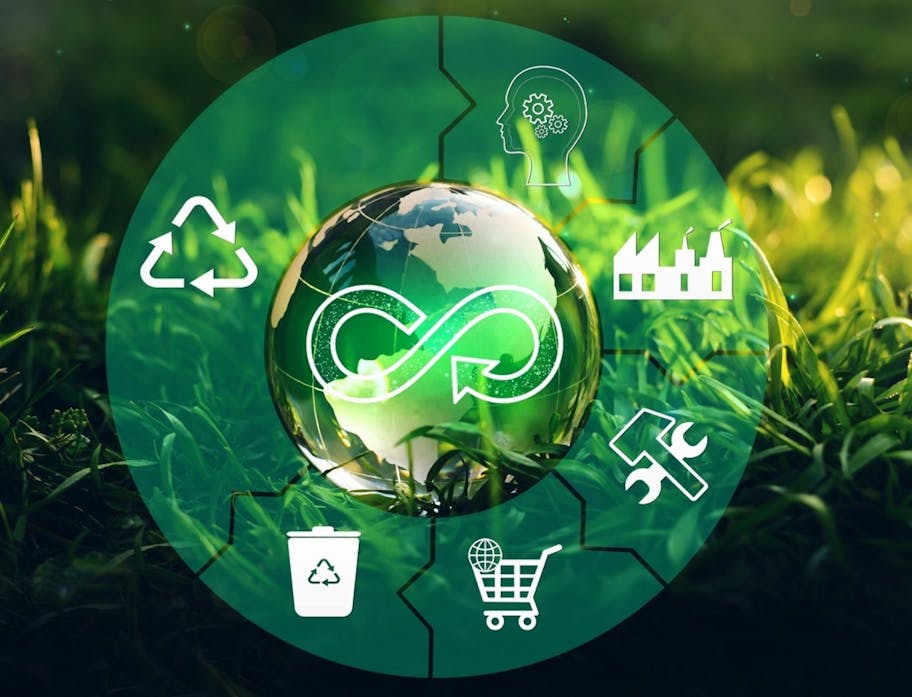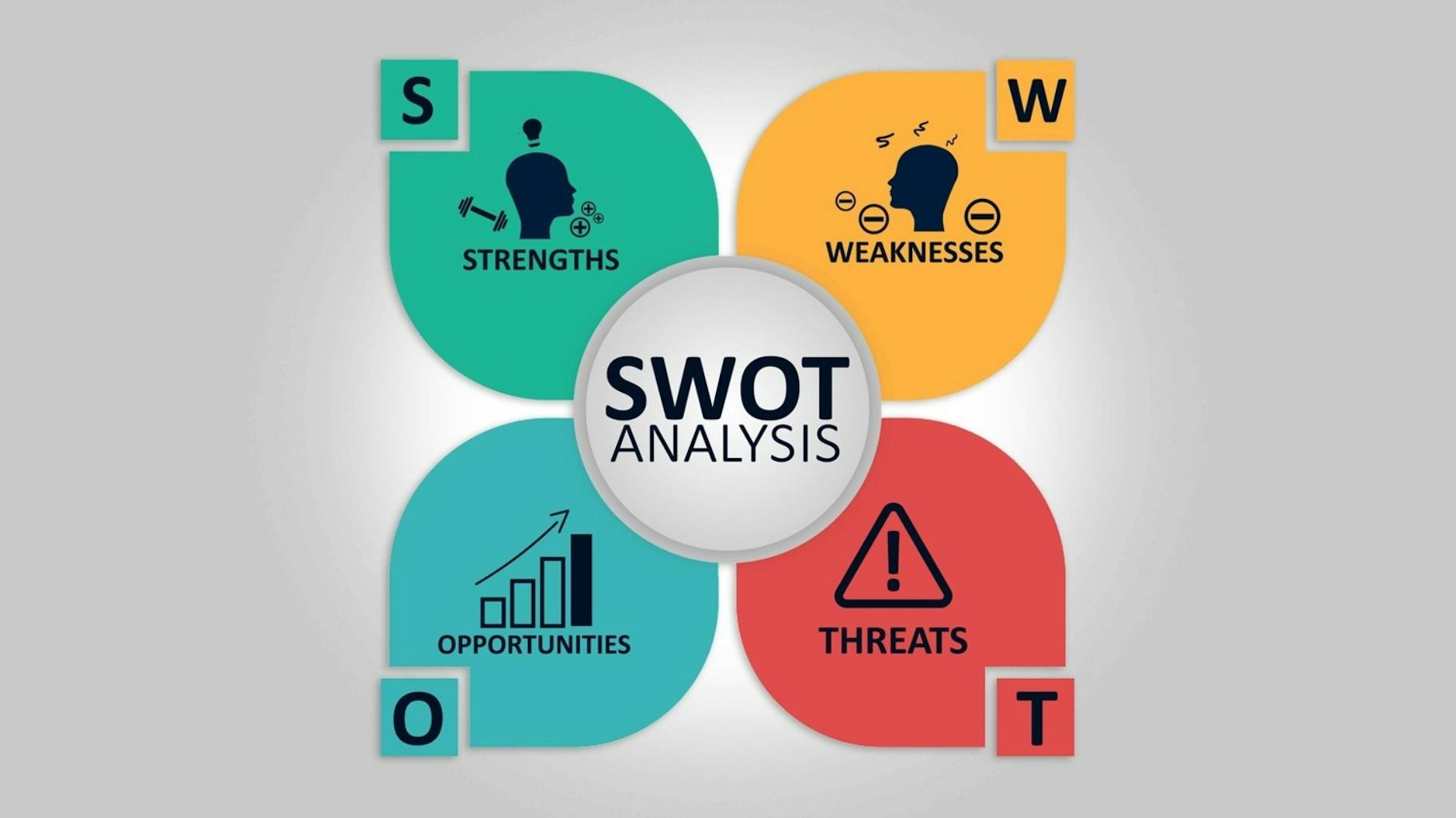Deadline for your business model

Business models that are not (yet) consistently geared towards sustainability are, in a sense, endangering themselves. Sustainability and digitalisation have become significant parameters for future viability. The comprehensive examination of possible future scenarios and how a company can assert itself in them has already been reported here. Consequently, the next step is to critically examine one's own existing business model. This is also not done in isolation, but in the context of the further development of our global economy - towards a more sustainable economy of maintenance, repair and remanufacturing.
Planning for sustainability
- Critical analysis of one's own business base
- SWOT to sustainability potential
- Implement new competences
Coming to terms with uncertainties with the help of scenario techniques

SWOT-Analysis with sustainability potential
A comprehensive SWOT analysis helps to critically examine one's own business base in this context and to identify opportunities for a sustainable business model with several valid pillars.
In cooperation with experts and consultants such as the Ruess Group, the professionally and independently conducted analysis forms a good basis for identifying (new) potential for innovation, defining further measures and thus being able to achieve the set sustainability goals in the short and medium term.
The research effort required for this should not be underestimated - the more comprehensive, independent and thorough, the better. It is necessary in order to be able to draw reliable and clear conclusions from which the management can derive clear decisions for the sustainable future of the company and its business model.


